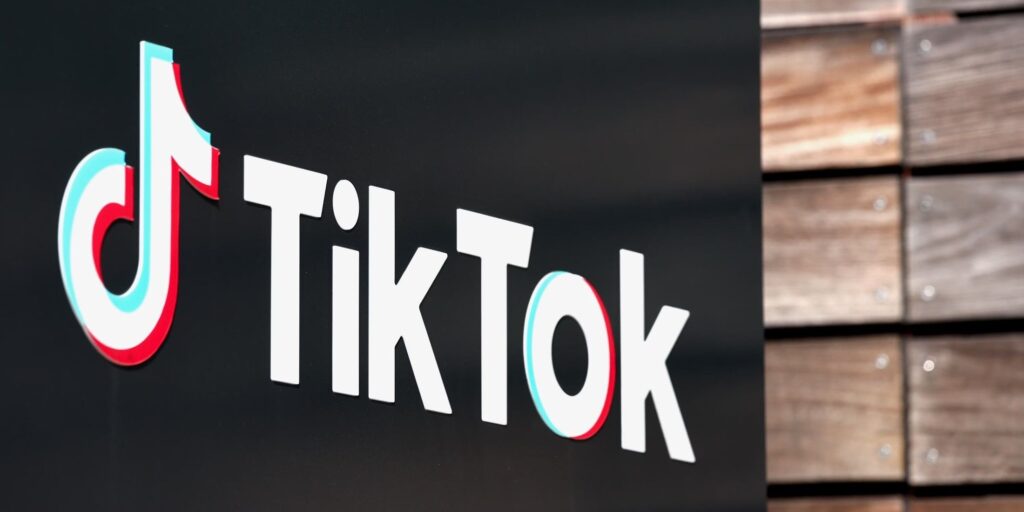TikTok Faces Pivotal Moment as Supreme Court Makes Critical Security Decision
Supreme Court’s ruling on TikTok’s future raises major concerns about data security and foreign control.

The future of TikTok in the United States hangs in the balance following a Supreme Court decision that upholds the app’s nationwide restriction. The ruling, which rejected ByteDance’s appeal against the proposed ban, sets the stage for significant changes in the American social media landscape starting January 19, 2025.
The legal battle began in March 2024 when Congress voted to implement the ban, followed by multiple state lawsuits concerning child privacy issues. ByteDance, TikTok’s parent company, fought back with claims of First Amendment violations, but their arguments failed to persuade the courts at every level.
In a unanimous decision, the Supreme Court emphasized that TikTok’s vulnerability to “foreign adversary control” poses an unacceptable security risk that outweighs its role as a free speech platform. The ruling specifically highlights the app’s obligation under Chinese law to share user data with authorities upon request, distinguishing it from typical data collection practices of other tech companies.
The impending ban has already triggered shifts in user behavior, with alternative platforms seeing substantial growth. Rednote, another Chinese-owned app, has experienced a surge in U.S. downloads, though it currently falls outside the ban’s scope. ByteDance’s other product, Lemon8, might face similar restrictions due to its ownership structure.
Several possibilities remain for TikTok’s survival in the U.S. market. A potential sale to American owners could preserve its operations, though ByteDance has historically resisted this option. President-elect Trump’s recent shift in stance on the platform might also influence its fate through executive action.
The U.S. ban would follow Australia’s late 2024 restriction on TikTok, though with broader implications, as it would apply to users of all ages rather than just those under 16. Without intervention or ownership changes, companies supporting or distributing the app could face legal consequences once the ban takes effect.